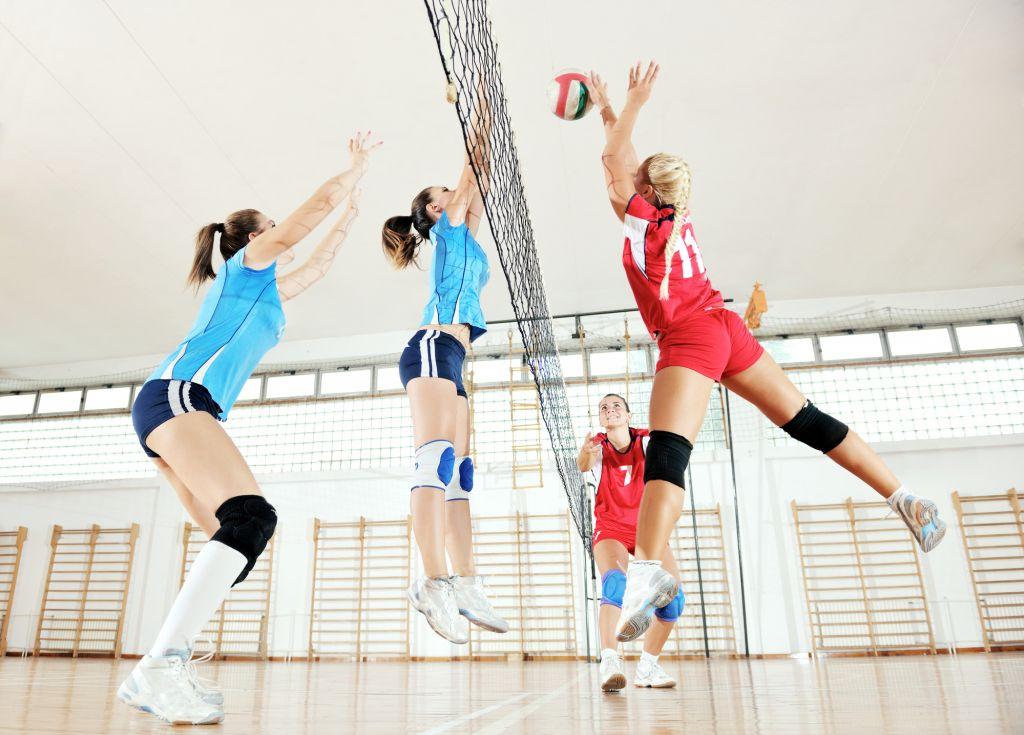The recent implementation of new regulations governing girls’ sports in Maine has sparked significant controversy, drawing sharp criticism from advocates and experts who view the changes as a regressive step. Critics argue that these rules undermine progress toward inclusivity and fairness in athletics, raising broader questions about the direction of gender policies in sports nationwide. This opinion piece examines the implications of Maine’s policy shift and considers its impact on female athletes across the state.
Maine’s New Girls Sports Rules Raise Concerns Over Fairness and Inclusion
Recent changes to Maine’s policies governing participant eligibility in girls’ sports have sparked widespread debate, with critics arguing that these new rules undermine both fairness and inclusivity. By implementing stringent biological criteria that exclude transgender athletes from competing in their affirmed gender categories, the state risks marginalizing a vulnerable population at a time when sports should be fostering acceptance and equality. Advocates for transgender rights emphasize that such measures not only deny many young athletes their rightful place on teams but also contribute to a climate of discrimination and social division.
Supporters of the new guidelines claim they are designed to preserve competitive balance, citing concerns over physiological differences. However, the science surrounding athletic performance and gender identity remains complex and inconclusive. The debate highlights core issues:
- Equity vs. Inclusion: Balancing fair competition without excluding marginalized groups.
- Policy Application: The challenge of applying broad rules to nuanced individual cases.
- Community Impact: Effects on team dynamics and mental health of athletes.
| Aspect | Supporters’ View | Opponents’ View |
|---|---|---|
| Fairness | Preserves competitive integrity | Ignores individual athlete circumstances |
| Inclusion | Focuses on biological definitions | Restricts participation of transgender athletes |
| Long-term impact | Protects traditional women’s sports | Potentially fosters exclusion and stigma |
Impact on Young Athletes and the Spirit of Competitive Sports
Legislative changes in Maine that restrict participation based on gender identity are not just regulations; they are powerful statements that deeply affect young athletes who are still discovering their identities. These rules create an environment where inclusivity takes a backseat, fostering division and discouragement. Many transgender and non-binary youth are being denied the opportunity to compete fairly, often facing increased anxiety and isolation as a result. The emotional toll is significant, as sports are more than just games-they are vital for personal growth, camaraderie, and mental health.
Competitive sports thrive on fairness and respect, yet these new policies risk undermining these principles by introducing exclusion:
- Targeting vulnerable kids, stripping away their right to belong
- Reducing diversity, which enriches team dynamics and community spirit
- Creating confusion over eligibility that impacts all athletes, not just those directly affected
| Aspect | Potential Impact |
|---|---|
| Fair Play | Compromised by rigid gender criteria |
| Team Unity | Risk of fragmentation and distrust |
| Youth Mental Health | Increased feelings of exclusion and anxiety |
Calls for Policy Revisions to Ensure Equity and Protect Opportunities for All Players
As debates intensify around Maine’s recent regulations affecting girls’ sports, advocates and experts urge lawmakers to revisit policies to uphold fairness, inclusivity, and equal opportunity. Critics argue that current rules risk eroding the integrity of female athletics by imposing arbitrary restrictions that fail to consider the diversity and complexity of gender identity. There is a growing consensus that any future revisions must be shaped by data-driven insights and informed by input from athletes, coaches, and medical professionals.
Proposed guidelines for equitable policy frameworks emphasize several key principles:
- Respecting the rights of all participants regardless of gender identity.
- Ensuring competitive balance without displacing or disadvantaging any group.
- Providing clear, science-based criteria for eligibility that foster transparency and consistency.
- Engaging community stakeholders in ongoing dialogue to reflect evolving social and athletic realities.
| Policy Aspect | Current State | Suggested Improvement | |||||||||||||
|---|---|---|---|---|---|---|---|---|---|---|---|---|---|---|---|
| Eligibility Criteria | Rigid, binary gender classifications | Inclusive, evidence-based guidelines | |||||||||||||
| Athlete Support | Limited resources to support gender-diverse players | Expanded counseling and educational programs | |||||||||||||
### Summary Insights and ConclusionsAs Maine grapples with evolving definitions of gender and fairness in athletics, the recent changes to girls’ sports regulations reflect a contentious step backward for many advocates of inclusion and equality. While the debate continues, the impact on athletes, schools, and communities remains unmistakable, underscoring the broader societal challenges in balancing rights, competition, and respect for all participants. The conversation is far from over, but the direction Maine has chosen signals a complex and divisive chapter in the ongoing effort to define fairness in sports. |





